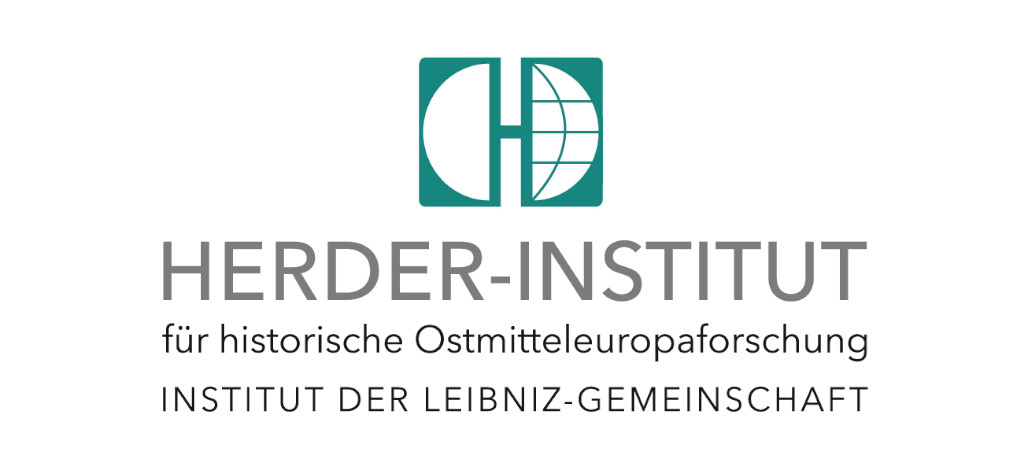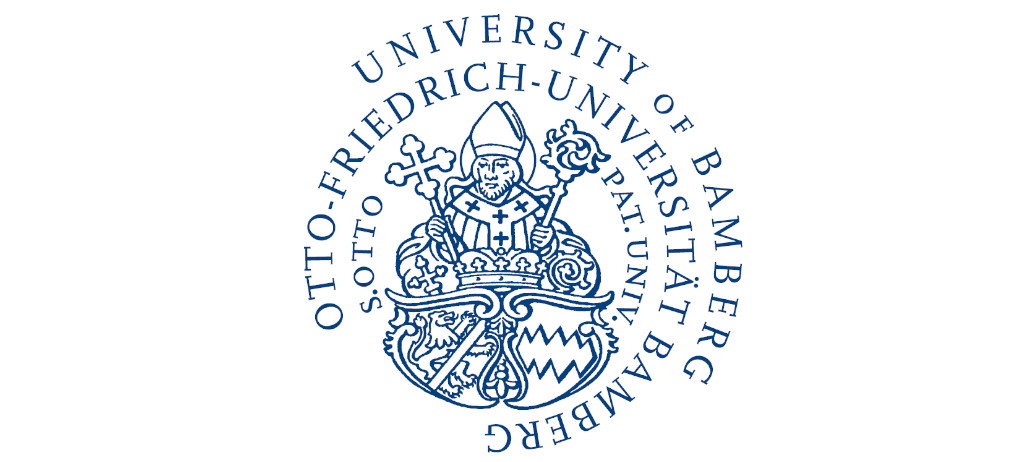Main Content
Subproject A06
Securitization and Discourses on the Rights of Minorities in Central Europe during the in 19th and 20th century

3. Funding period (2022-2025)
Building on the findings of subprojects A06 and B03 "Confessional Minorities as a Problem of Security in the Early Modern Period" from the first two funding phases of the Collaborative Research Center (2014-2021), the subproject in the 3rd funding phase is dedicated to the interactions between ideas of security and language policy measures in a phase of dynamic industrialization and urbanization.
Taking the three East Central European industrial cities of Pilsen, Drohobych, and Lodz as examples, the research focuses on how and by whom urban linguistic diversity was perceived as a security problem between 1860 and 1918. Since the rise of competing national movements, political actors and imperial elites increasingly perceived the multinational and multilingual borderlands of empires in eastern Europe as spaces of insecurity from the mid-nineteenth century onward, not least because conflicts with different national groups increasingly escalated into violence. In the context of the world wars and , these areas were ultimately constructed as security risks in the reconceptualizations of (inter)state orders.
Within the discourses on potential security problems due to multilingualism, especially minority rights played a central role. Against this background, the subproject examines debates about language rights and language justice in the field from an intersectional perspective. In doing so, it aims to contribute to a better understanding of the interactions of cultural differentiation and social categories in the process of securitization as well as their contribution to identity formation.



